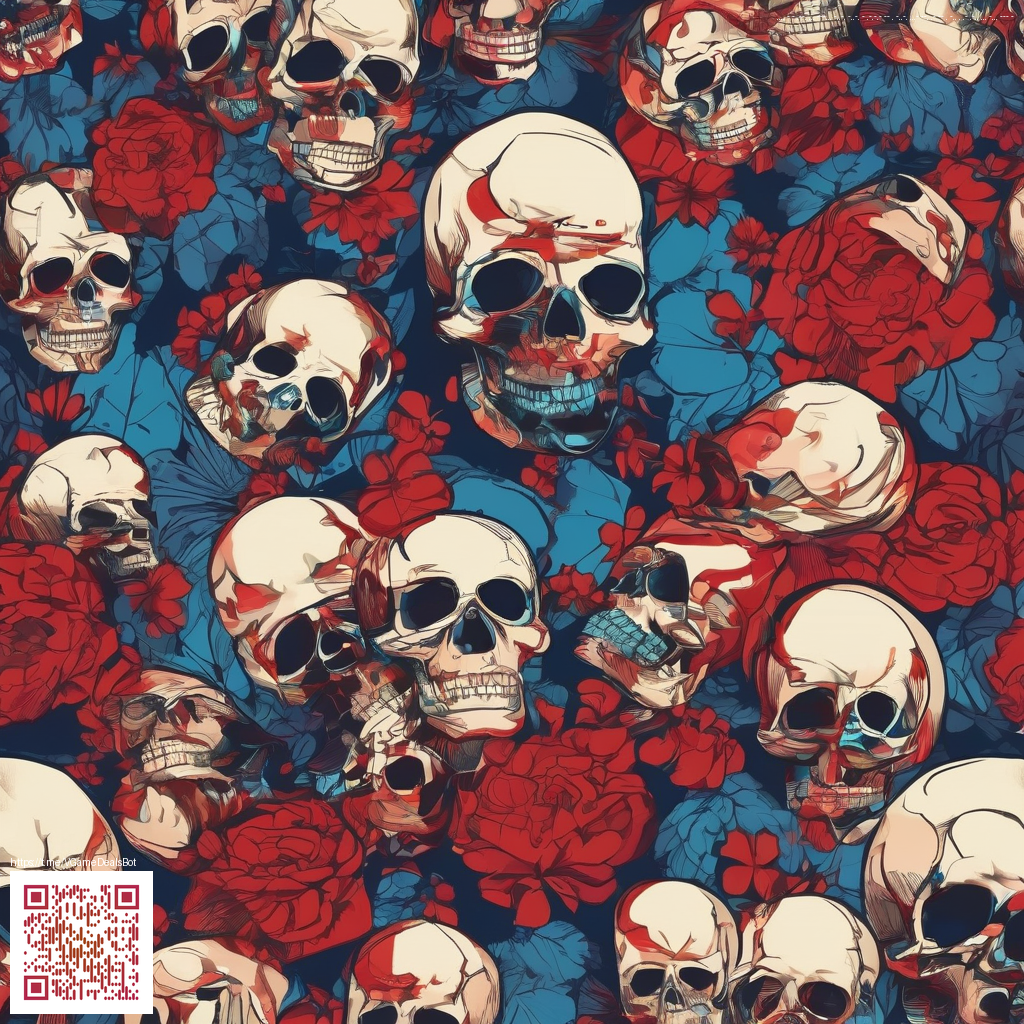
Shaping the Future of Roguelikes with Hades II
The long shadow of a perfected roguelite loop meets bold experimentation in the sequel era. Hades II builds on a storied foundation to push players toward new patterns of risk, reward, and replayability. Expect a tighter sense of rhythm in combat, a broader palette of tools to mix and match, and a narrative frame that invites long term curiosity. For fans who love learning from run to run, this is a moment that signals how future titles may balance access with depth 🎮.
From a gameplay perspective the game leans into a familiar yet evolved structure. Players will sketch a path through underworld arenas that rewards both precision and cunning. New weapon options and power ups appear to encourage inventive build crafting while enemy encounters reinforce the idea that mastery comes from practice and experimentation. The result feels like a natural progression rather than a reinvention, which keeps veterans engaged while inviting newcomers to explore the system's generosity.
Core innovations that matter for the genre
The core loop emphasizes choice and consequence. Each run asks for deliberate decisions about which boons to chase, which relics to keep, and how to adapt to shifting arena layouts. The pacing appears tuned to reward experimentation, with feedback loops that encourage trying unconventional weapon pairings and synergy builds. In practice this translates to more meaningful moments of turn and counter, where a well timed dash or a savvy boon combo can turn a near wipe into a triumphant finish 🕹️.
Another notable thread is accessibility without sacrificing depth. Settings that ease or expand the challenge ready players of different skill levels to participate in the same emergent experience. When a game respects a wide range of play styles, the community responds with creative loadouts and speed run techniques that expand what the game can be for fans who love optimization and exploration alike 🔥.
In design notes and public communications the team emphasizes a philosophy that players own their runs and their stories. A title like this sets a bar for how future roguelikes can blend narrative momentum with mechanical freedom
Community pulse and the role of modding
The community has always driven roguelikes forward, and Hades II looks poised to magnify that effect. Players will likely share run scripts, boss encounter tweaks, and fan made challenges that push the difficulty envelope in creative ways. Modding could expand accessibility options, tailor balance to different play styles, and introduce cosmetic and UI tweaks that streamline information during chaotic combat moments. A healthy modding culture invites experimentation, with creators remixing the core loop to highlight personal skill and style 🎨.
Streaming and content creation stand to benefit as well. Clear, repeatable encounters and visible progression paths make it easier for creators to show growth over time. For a genre that thrives on community storytelling, that amplification matters as much as any single patch or feature.
Update cadence and developer dialogue
Updates in the roguelike space often hinge on balancing the tension between challenge and fairness. Hades II appears designed to address this balance through iterative patching, ongoing tuning of combat timing, and expanded tool sets for players to experiment with. Developer commentary that prioritizes transparent roadmaps, listening to player feedback, and highlighting community driven experiments helps to anchor trust. When a studio communicates with openness about what works and what gets revisited, players feel like partners in the evolution of the game 🔄.
Beyond patch notes, the way developers engage with fans through streams, Q and A sessions, and spotlight posts matters. It shapes not only what we expect next but how we interpret the meaning of progress in a living game world. The sense that the title will continue to grow after release aligns with a broader trend toward durable roguelikes that evolve with their communities.
Implications for future roguelike design
What this signals for the broader ecosystem is a shift toward modular progression. Players will increasingly encounter systems that combine a strong core loop with flexible, player driven experimentation. Narrative threads may weave into procedural content in fresh ways, creating personal arcs that feel meaningful across multiple runs. For developers, the lesson is clear: offer a reliable backbone of depth while leaving space for community experimentation and rapid iteration. The result can be a genre warmed by both tradition and invention 🎯.
For fans of the space, this means more opportunities to push the boundaries of what a roguelike can be. The best titles will honor the mastery that comes from repeated attempts while inviting players to craft a distinct journey each time they play. Hades II is not just a successor in name but a blueprint for a more responsive and creative generation of games in the roguelike family.
To explore the companion gear while you dive into this evolving world, check out the official gear partner linked below. The right accessories can keep your focus sharp during marathon play sessions and long boss fights alike.
Neon Tough Phone Case 2 Piece Armor for iPhone Samsung